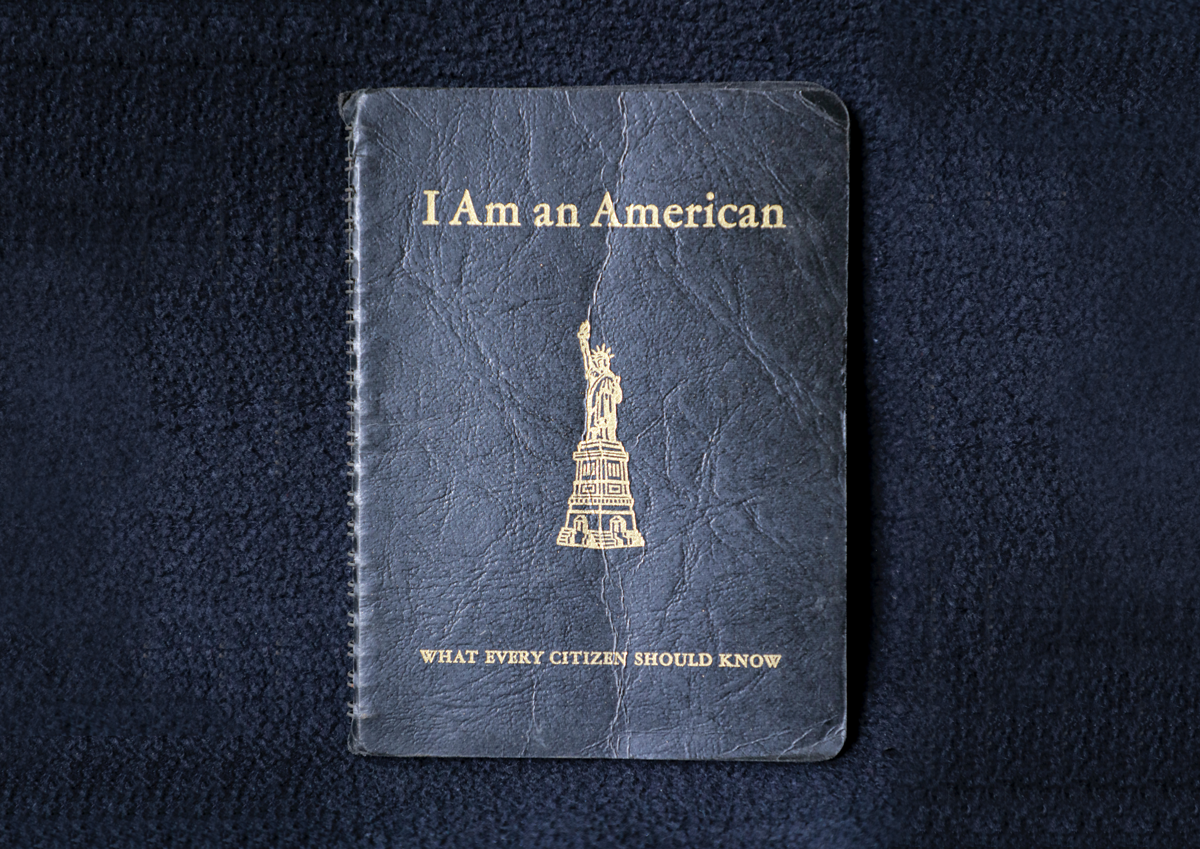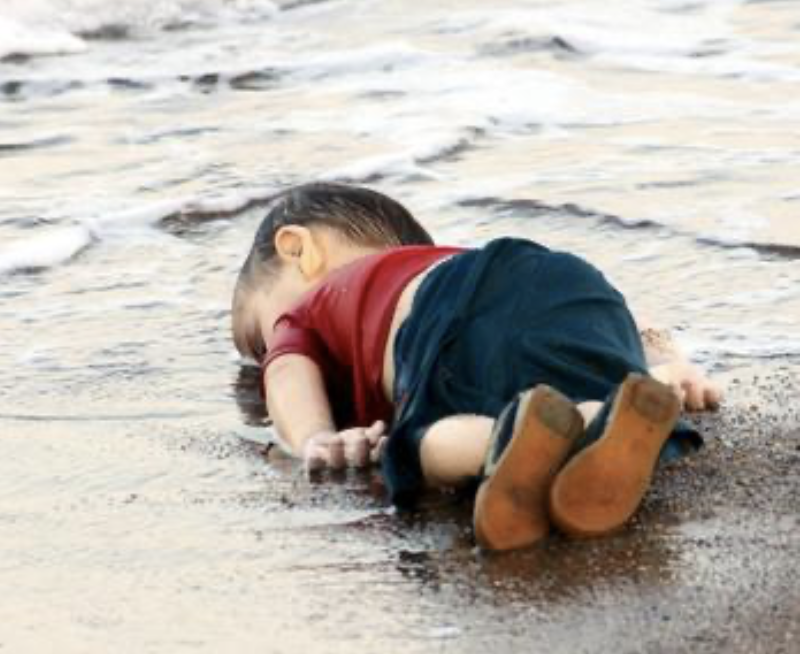|
In the Netherlands, a newly-elected government just collapsed because of internal disagreements over how to handle immigration. In Greece, officials are under fire after a boat transporting over 750 migrants, including 300 Pakistanis, capsized and sank while under Coast Guard control. France, Japan, and the European Union’s parliament are struggling to develop compromise immigration policies which seem to satisfy nobody and outrage most. That’s just a few current examples of how immigration has become a global political controversy, and it doesn’t even mention the on-going debates in the United States, Poland, Australia, Brazil, Sweden, or pretty much any developed country. How could immigration have become so controversial? By far, the country with the most immigrants in the world is, unsurprisingly, the United States. With over 50 million foreign-born residents, the nation that welcomed “your tired, your poor, your huddled masses yearning to breathe free, the wretched refuse of your teeming shore” with its Statue of Liberty absolutely dwarfs the number two nation, Germany, which has just under 16 million immigrants. Interestingly, the number three destination for immigrants is actually Saudi Arabia, but that’s another story. The rankings change when we consider the percentage of a nation’s population that is foreign-born. Because the United States is so enormous, even though we have by far the largest number of immigrants, we don’t even crack the top fifty by that measure. While it is true that most countries at the top are small nations where the immigration of a handful of people will dramatically change its population make-up, even among the larger, more developed countries, the United States ranks relatively low by this measure. Indeed, among the G20 countries, Australia (30.14%), Canada (21.33%), Germany (18.81%), and Saudi Arabia (38.65%) all outrank the United States (15.28%), by that measure, as do European Union member states Austria (19.3%), Belgium (17.3%), Cyprus (15.77%), Ireland (17.64%), Luxembourg (47.62%), Malta (25.99%), and Sweden (19.84%). In other words, in all these countries, anywhere from one out of seven to one out of two residents are foreign-born. Within the United States, the immigrant population is not evenly distributed. States such as California, New Jersey, New York, and Florida all have more than 20 percent of their population foreign-born, while other states such as Wyoming, Mississippi, Montana and West Virginia have 3 percent of their population or less foreign-born. The median state is North Carolina, with 7.9 percent of its population foreign-born. The reason I spend time on these statistics is to demonstrate that immigration is a reality across the United States and around the world. If you live in a country where one out of five residents is foreign-born, bringing with them unfamiliar customs and religious practices, it is not surprising that people might feel their home country’s traditional culture is dramatically changing and faster than they would like. They fear that the traditions they have grown up with that theyassociate with their national identity will be replaced by an unfamiliar culture, one which might make them feel like a foreigner in their own land. They will tell you this fear is exacerbated by the tendency of immigrant women to give birth to more children than those who are native-born. This sense of being out of control can be disconcerting to most people. A hard-wired characteristic of humans is our inclination to favor those we view as part of our group, a bias known as in-group favoritism. This characteristic developed through evolution. In pre-historic times, if someone was running toward you, it becomes a life and death decision that must be made in a split second to determine whether someone is friend or foe. Guess wrong and that person might kill you. Over time, people developed mental shortcuts, or biases, to assist us in successfully making such split-second decisions. As a result, we are more likely to look skeptically upon those not like us.  While that characteristic might have protected us in prehistoric times, like so many of our evolutionary inheritances, today it has become unnecessary, and even a burden. While it might have enabled us to survive another day in prehistoric society, it leads to discrimination and unjustified fear. Islamaphobes might use the September 11 attack or violence in the Middle East as a basis for their hesitancy to admit Islamic immigrants, but the facts don’t bear out this fear. Islam is fundamentally a peaceful religion that condemns killers, and according to the Department of Homeland Security, white Christian nationalism is actually the greater terrorist threat. But since Islamic immigrants can be pigeonholed as the “other,” with their differing dress, food and customs, they become easy targets for us to blame our problems on. And no matter how good things are, we will never be satisfied. That is another evolutionary inheritance our forebears left us. Called “negativity bias,” it means that we focus more on negative information than positive information. Again, in prehistoric times, this would have been an important life skill. After all, being aware of threats and other negative information is more important to survive in the wilderness than to be aware of good news. Threats can kill you, while positive news might just make you feel good for awhile. Clearly, survivors would have kept negative information at the forefront of their thoughts, a characteristic that continues to this day. That bias element in our nature is why the news is always so depressing: we care about negative developments, while positive information goes in one ear and out the other. It is also why most Americans think our nation is on the wrong track when it is objectively stronger than ever, and why most Americans believe the economy is bad even though the data tell a different story. Put these two biases together, add in a reality in which people flee war-torn poverty-stricken countries to build a better future in peaceful prosperous ones, and you have a prescription for controversy. On the one hand, with our negativity bias, we are predisposed to think conditions are bad, while on the other hand, with our in-group favoritism, we blame people who are different from us for those problems. Add to that an influx of people who look, behave, or have different cultural traditions and you get fertile ground for negative ideologues. But is such controversy inevitable? Perhaps, but succumbing to these fears is not. The solution to these negative characteristics is education. And by education, I’m not just referring to the formal, academic kind. I’m referring instead to an exposure to people and ideas different from those you grew up with. Such exposure results in less unwarranted fear. It becomes harder to fear Muslims when that nice neighbor of yours who shovels the sidewalk every year is Islamic. That’s why the gay rights movement was so successful after it prioritized its members coming out to their families. It becomes a lot harder to fear gay people when that nice aunt of yours is one. Indeed, evidence from around the world supports the idea that higher levels of education lead to lower fear of immigrants. Perhaps it is not surprising then that many opponents of immigration also attack higher education. But to some extent, our economic future depends upon immigration. Business leaders support more immigration, and for good reason. Immigrants contribute more to our economy than they take, and for our country to continue to grow and prosper we need immigrants. If we rely solely upon native-born women to birth the next generation of Americans, our country will start to shrink and there will be insufficient young people to support the large numbers of retirees. That kind of demographic crisis is exactly what is crippling a number of countries with lower rates of immigration such as China and Japan. Indeed, research has found that without immigration, our innovation-driven economy would be in trouble. We can see a practical example of how such anti-immigration policies play out in Florida. The governor there proudly touted passage of his anti-immigrant legislation. But since then, immigrants have left the state in droves, hurting the state’s economy and exacerbating a labor shortage. Maybe immigrants aren’t so bad after all. Ultimately, the question of immigration becomes one of whether we as human beings will allow the better angels of our nature to overcome the biases we inherited from our forebears. Clearly, we owe our ancestors a debt of gratitude for surviving to bring us to this point in history. At the same time, we need to discard the characteristics we inherited from them that no longer suit us in our modern world. When it comes to immigration, it is not exaggeration to say that our future depends on our success in that effort.
|

